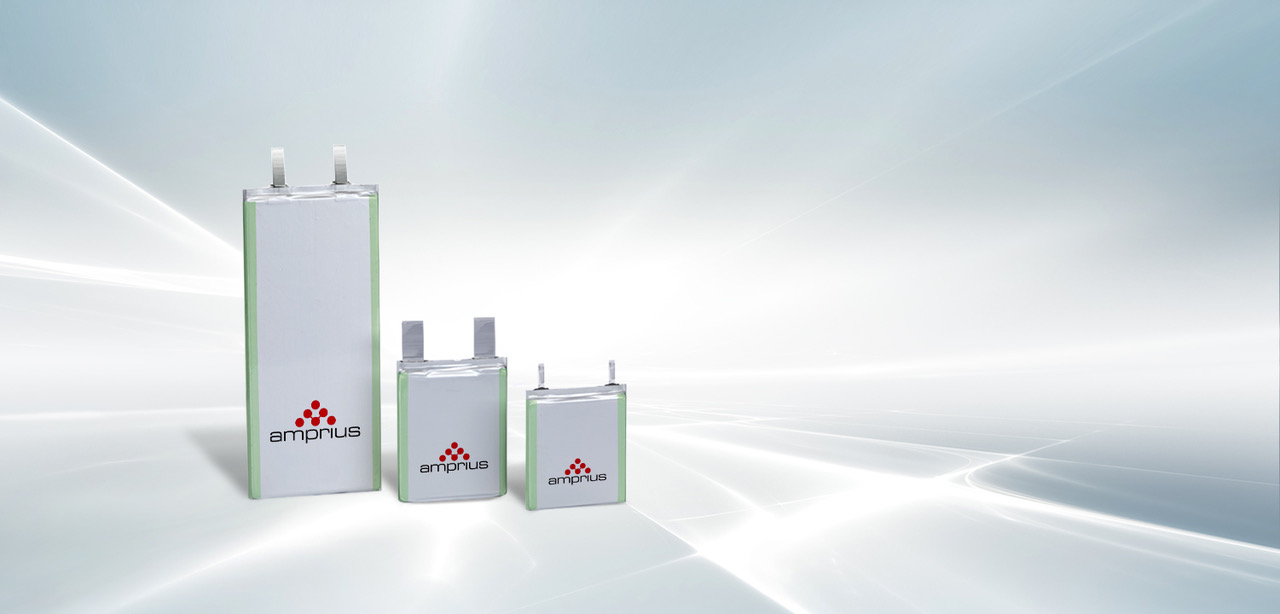Gasoline is a highly flammable and explosive substance. Its flammability and potential for explosion can pose serious safety risks if not handled properly. It is typically stored in specially designed containers and dispensed at gas stations with safety measures in place to minimize the risk of accidents.
Researchers from the University of California, Riverside have developed a novel combustible fuel that doesn’t react to flames and cannot start accidental fires during storage or transport. This fuel ignites only with the application of electric current.
When fuel combusts, it’s not the liquid itself that burns; instead, it’s the volatile fuel molecules above the liquid that ignites when exposed to oxygen and a flame. Extinguishing the flame by removing the oxygen source is challenging outside of an engine.
Prithwish Biswas, a doctoral student in chemical engineering at UCR and the paper’s first author, explained, “If you throw a match into a pool of gasoline on the ground, it’s the vapor of the gas that’s burning. You can smell that vapor, and you instantly know it’s volatile. Controlling the vapor allows you to control whether the fuel burns.”
The Experimental New Fuel: A Game-Changer in Flame Control
Composed primarily of an ionic liquid, a liquid form of salt unlike table salt (sodium chloride), this specific ionic liquid has been altered to possess a lower melting point than regular salt and displays minimal vapor pressure. Consequently, when subjected to a flame in standard conditions, the fuel remains non-ignitable.
Electrically-Induced Ignition
When an electrical current is applied to the liquid, it generates flammable vapor that ignites upon exposure to a flame. The combustion persists as long as the liquid remains electrified, instantly ceasing when the voltage is turned off.
Universal Applicability, Pending Challenges
The potential application of ionic liquid fuel extends to various vehicle types. However, before its market introduction, several hurdles must be overcome. Comprehensive testing across diverse engine types is essential to determine its efficiency and address any outstanding issues.







